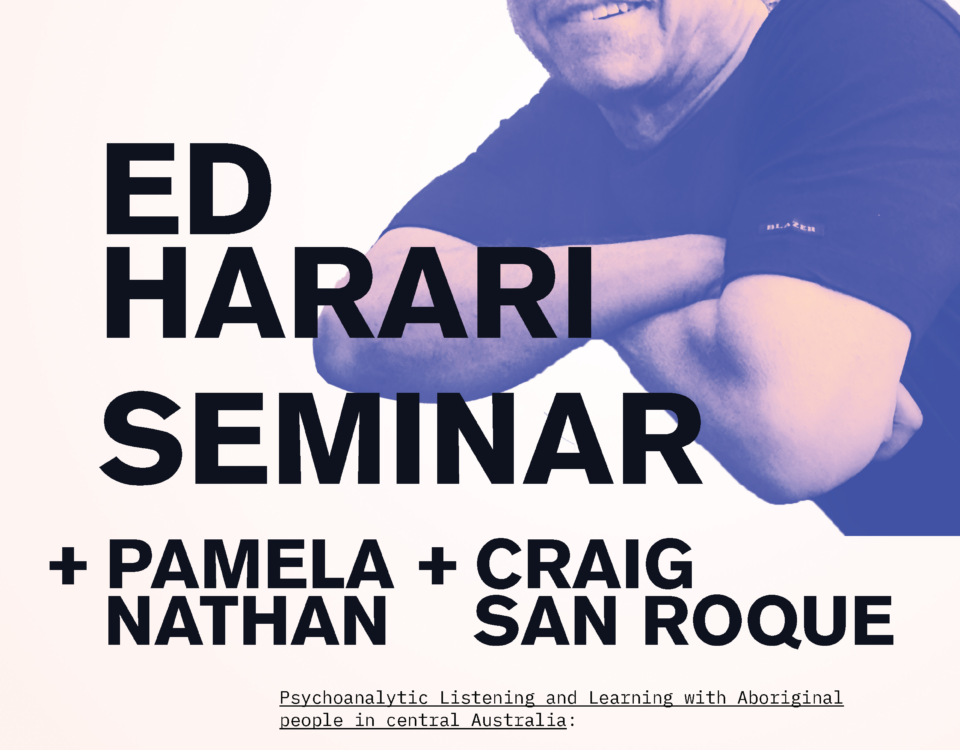Never underestimate the power of your actions
October 7, 2011National Day of Action Against Bullying and Violence – 16th March
March 16, 2012 by Professor Stuart Twemlow
by Professor Stuart Twemlow
What is mentalisation? And why is it so important?
Children tend to act before they think. Ask any young person up to about age 16 why they did what they did and most will say, ‘I don’t know’. The task is to train them to think about this, to mentalise. That’s what the CASSE program is all about.
Technically, teachers and parents need to teach the children 5 separate tasks:
1. Reflect : think before you act. However, that is not enough unless you also…
2. Recognise other people’s points of view and become aware of your own at the same time (double empathy).
3. Learn to control feelings that make it impossible to think, for example when you are VERY angry.
4. Become self regulating – that is, know what to do for yourself to stay out of trouble and be happy (eg WANT to go to school).
5. Define your own boundaries, ie what you will and will not do.
Give children an example. Try this:
When a bully says to you, “give me your lunch money!!!”, say, “I know that you are hungry and so am I. Would you like to come to lunch with me and I will buy you lunch?”. What can a bully say to that? You reflect on his apparent problem, you call his bluff nicely and you offer him a face saving outcome that satisfies both your wishes as well as his. This way you have not engaged the bully in a power struggle, you have offered friendship and, in stepping out of the fight, you have defined yourself and your boundaries. What can the bully say? Most will take up your offer and thank you. A rare few will snort AND WALK OFF. YOU ARE STILL OK!
Professor Stuart Twemlow MD is a world leading authority on bullying and violence in schools. He is a psychiatrist and psychoanalyst with a special interest in problems in organisations and social systems. Professor Twemlow has been instrumental in the development of CASSE’s school program.





